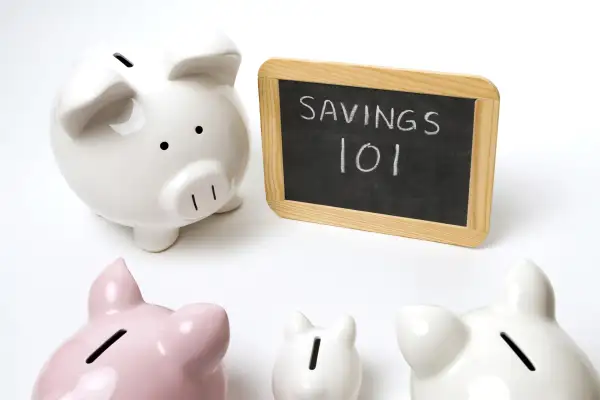Kids and Money: The Search for What Really Works

Those who oppose integrating financial education into our nation’s classrooms have long argued money lessons don’t actually change behavior. Slowly, evidence to the contrary is emerging. But much more proof is needed before personal finance will be taken as seriously as math, science, or history.
That line of thinking underlies a new $30 million commitment from professional services firm PwC, which in 2012 launched its Earn Your Future program, designed to help educators gain the tools and knowledge they need in order to teach kids about money. PwC pledged $100 million worth of service hours from its employees and $60 million in cash over five years.
This new commitment is all cash, and a good chunk of it takes aim at a research void: finding what teaching methods and strategies result in lasting behavior change among students who study personal finance. PwC has teamed with two major universities to analyze financial education programs in grade schools and colleges with the goal of understanding how students learn and apply money lessons.
“Financial capability techniques are still evolving,” says Shannon Schuyler, corporate responsibility leader at PwC. “We need to make sure that as we are implementing them into classrooms, we are measuring their effectiveness and adjusting our strategy and approach based on the findings from sound research.”
Critics say this may all be a waste of resources. They argue that marketing messages overwhelm the common sense you might learn as a young student, and that the financial landscape changes so fast that anything you learn about, say, bank fees and cell phone packages quickly becomes obsolete.
Such issues have been studied for years. We have a global library of some 1,400 papers on the subject. But only recently has this research begun to hone in on what really works. In a groundbreaking study in February, researchers at the University of Wisconsin Center for Financial Security tied personal finance lessons in school to higher credit scores among young adults. Other recent research sponsored by H&R Block found remarkable attitude changes in students following a nine-week personal finance course, including that 92% said learning about money management was very important and 80% wanted to learn more.
The new PwC commitment will also fund research into how iPads and other mobile technologies can speed learning of financial concepts—even as the firm sets aside more funds for good old-fashioned learning from print. A colorful six-page magazine through Time for Kids, Your $, spotlights financial literacy for kids. The print version is being distributed in New York schools and will roll out in Chicago this month. It is also available online.
Policymakers in the U.S. and around the world are embracing financial education as a way to help prevent or minimize the effects of another financial crisis. In the U.S., the Obama administration has made its priorities clear—it wants clean data that can be analyzed and used to find proof of financial education strategies that work. We seem to be moving that direction.
